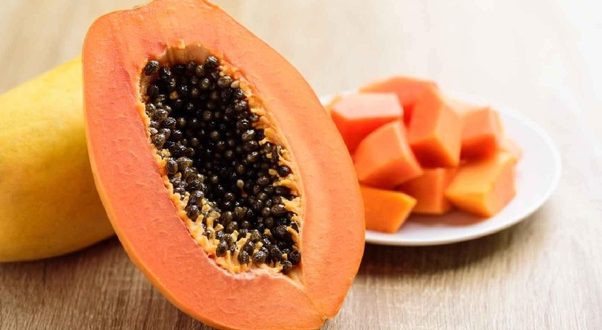What organ is papaya good for?
Papaya is beneficial for several organs and overall health due to its rich nutritional profile. Here’s a detailed look at its effects on different organs:
1. Digestive System:
- Enzymes: Papaya contains an enzyme called papain, which aids in the digestion of proteins and helps in breaking down food in the stomach.
- Fiber: High fiber content supports healthy digestion and can prevent constipation by promoting regular bowel movements.
2. Immune System:
- Vitamin C: Papaya is rich in vitamin C, which boosts the immune system by stimulating the production of white blood cells and acting as an antioxidant to protect against infections.
3. Skin:
- Vitamins and Antioxidants: The vitamins A, C, and E in papaya, along with antioxidants, help maintain healthy skin, prevent premature aging, and may aid in the healing of wounds and reduction of inflammation.
4. Heart:
- Antioxidants: Papaya contains antioxidants like vitamin C, vitamin A, and lycopene, which help reduce oxidative stress and inflammation, contributing to cardiovascular health.
- Fiber: The fiber in papaya helps lower cholesterol levels, which can reduce the risk of heart disease.
5. Eyes:
- Vitamin A: Papaya is a good source of vitamin A, which is essential for maintaining good vision and preventing age-related macular degeneration and cataracts.
6. Overall Health:
- Anti-inflammatory Properties: The antioxidants and other compounds in papaya can reduce inflammation in the body, which may help in managing chronic inflammatory conditions.

In summary, papaya supports digestive health, boosts the immune system, improves skin health, benefits heart health, and promotes good vision. Its diverse nutrient profile makes it a valuable fruit for overall well-being.
 Gistfox Your News Window To The World
Gistfox Your News Window To The World 




